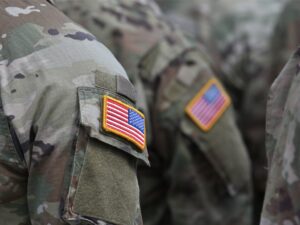After Harris v. Quinn, Another Ax To Fall?
July 2, 2014
The Doctrine of Strict Necessity, recalls Barnes & Thornburg attorney Gerald Lutkus, is a fixture of Supreme Court case law according to which decisions on constitutional questions are decided as narrowly as possible. Whether consciously invoked or not, it accounts for the limited reach of this week’s decision in Harris v. Quinn. Some expected the Court in that case to revisit a major precedent, Abood v. Detroit Board of Education, and a major question that Abood considered in 1977: Could recalcitrant public employees be forced to pay “fair-share” dues to a union? That question was decided in the affirmative in Abood, and it would be a hard blow to public employee unions if the Supreme Court decided otherwise. In Harris v. Quinn the Court never got to that question because it decided the employees in question weren’t “full-fledged” public employees. However, the writer points out how in the decision Justice Alito tore into Abood in a way that “should send a shiver of concern through the labor community,” as it makes clear at least what Alito would do if he had a chance to in a similar case that involved public employees whom he considered the real thing.
Read full article at:
Daily Updates
Sign up for our free daily newsletter for the latest news and business legal developments.




